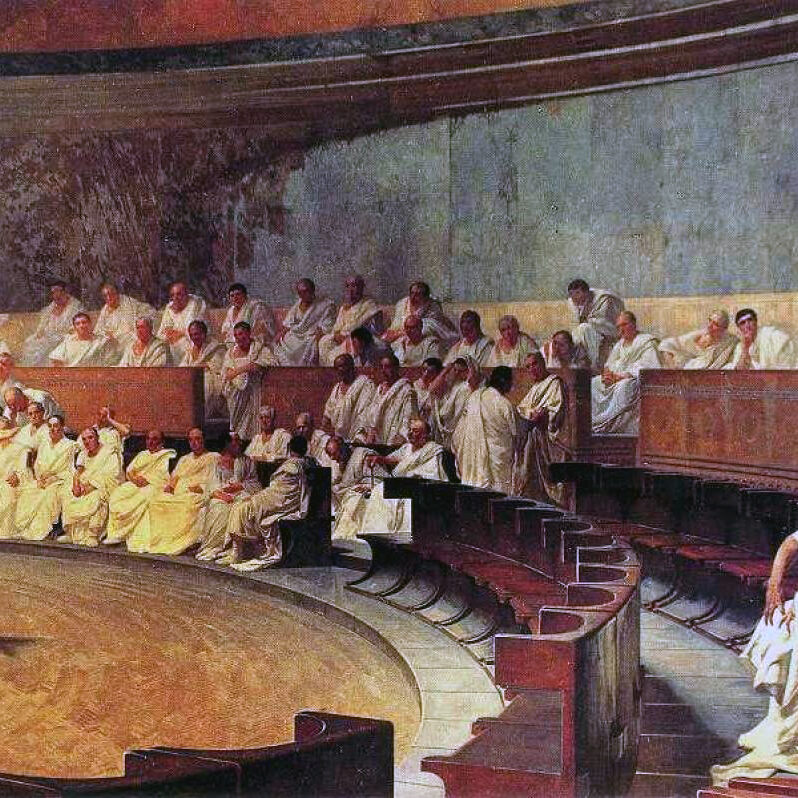
Greco-Roman
Browse Greco-Roman mirrors for princes (specula principum) from Xenophon to Cicero below.
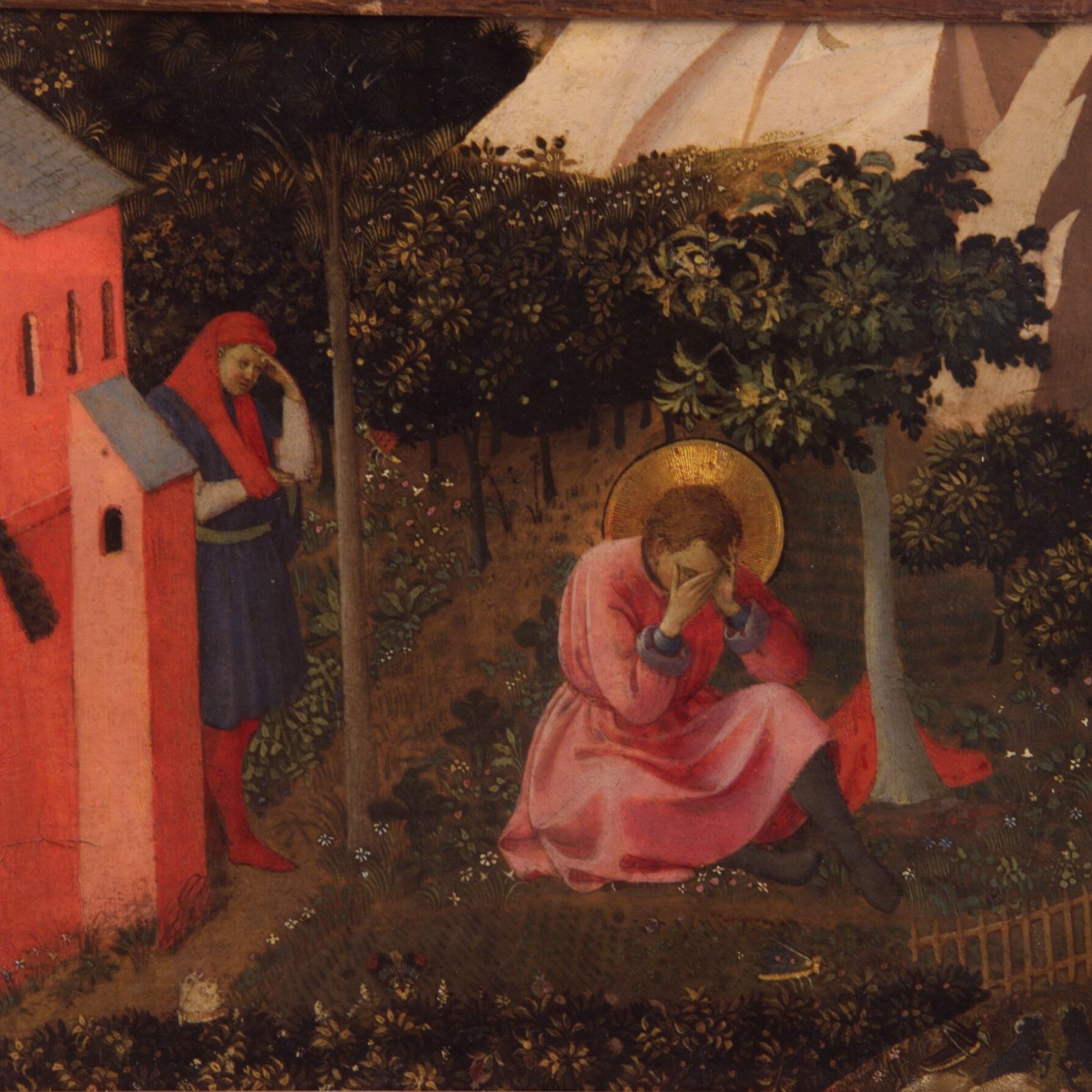
Medieval
Browse medieval mirrors for princes (specula principum) from Augustine to John of Ireland below.
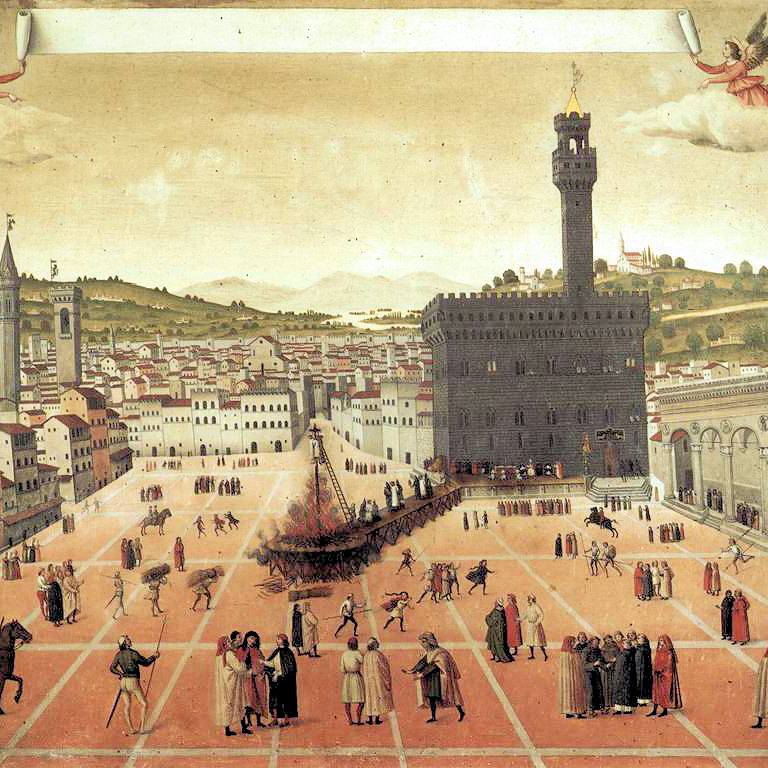
Renaissance
Browse Renaissance mirrors for princes (specula principum) from Baldassare Castiglione to Juan de Mariana below.
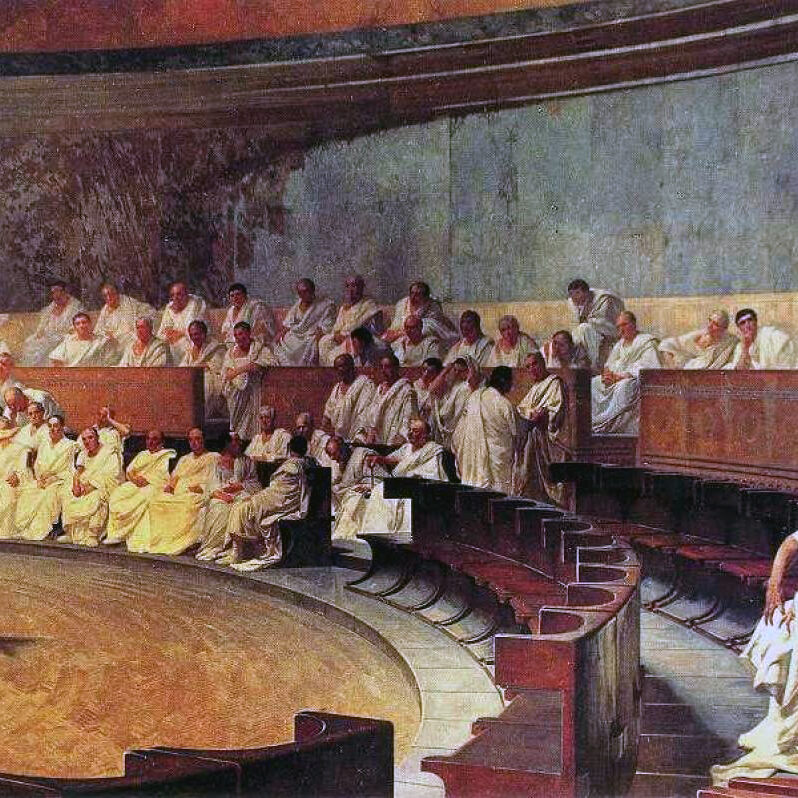
Greco-Roman Mirrors for Princes
Disclosure: Most of the links below are affiliate links, which means that, at no additional cost to you, the publisher of this site will earn a small commission if you click through and make a purchase.
- Xenophon, The Education of Cyrus
- Isocrates, To Nicocles
- Isocrates, Evagoras
- Philodemus, The Good King According to Homer
- Dio Chrysostom, The First Discourse on Kingship and The Second Discourse on Kingship and The Third Discourse on Kingship and The Fourth Discourse on Kingship
- Seneca, De Clementia
- Cicero, De Officiis
- Eusebius, Life of Constantine may be a mirror for princes. This text's precise genre, audience, and aims has, however, been a subject of scholarly controversy.
Medieval Mirrors for Princes
Early Middle Ages
Disclosure: Most of the links below are affiliate links, which means that, at no additional cost to you, the publisher of this site will earn a small commission if you click through and make a purchase.
- Augustine of Hippo, City of God V.24, "The true felicity of Christian Emperors."
- Gregory of Tours' History of the Franks which warns against internal strife.
- De duodecim abusivis saeculi, 'On the twelve abuses of the world' (7th century), a Hiberno-Irish treatise by an anonymous author sometimes referred to as Pseudo-Cyprian. This work, though not a 'mirror for princes' per se, was to be of great influence on the development of the 'genre' as it took place on the Continent.
- Bede's Ecclesiastical History of the English People specifically states that the purpose of the study of history is to present examples for either imitation or avoidance.
- Carolingian texts. Notable examples of Carolingian textbooks for kings, counts and other laymen include: Smaragdus of Saint-Mihiel, Via regia (813), arguably the first true European mirror for princes, dedicated to Louis the Pious, when king of Aquitania.
- Einhard, Vita Karoli which idolises Charlemagne's reign as something for other rulers to aspire to.
- Jonas of Orléans, De Institutione Regia (c. 831), written for Pepin I of Aquitaine, apparently on the basis of a council at Orléans.
- Agobard of Lyons, his letters.
- Sedulius Scottus, De Rectoribus Christianis [On Christian Rulers] (c. 855-9), addressed to King Lothar II of Lotharingia.
- Hincmar of Reims, De regis persona [The Person of the King]
- Hincmar of Reims, De Ordine Palatii ['On the management of the palace'] (882), which sets out the moral duties of a king and includes an account of the organisation of the palace.
- Jonas of Orléans, De Institutione Laicali (818 x 828), (originally) written for Count Matfrid of Orléans.
- Paulinus of Aquileia, Liber Exhortationis (795), for Count Heiric of Friuli.
- Alcuin, De virtutibus et Vitiis (c. 799–800), written for Count Wido of Brittany.
- Dhuoda, Handbook for Her Warrior Son Liber Manualis, written for her son William.
Irish texts
- See De duodecim abusivis saeculi above. The vernacular mirrors differ from most texts mentioned here in that the ones who are described as giving and receiving advice are commonly legendary figures.
- Audacht Morainn ('The Testament of Morand'), written c. 700, an Old Irish text which has been called a forerunner of the 'mirrors for princes'. The legendary wise judge Morand is said to have sent advice to Feradach Find Fechtnach when the latter was about to be made King of Tara.
- Tecosca Cormaic, 'The Instructions of Cormac', in which the speaker Cormac mac Airt is made to instruct his son Cairbre Lifechair about a variety of matters.
- Bríatharthecosc Con Culainn 'The precept-instruction of Cúchulainn' (interpolated in Serglige Con Culainn), addressed to Lugaid Réoderg.
- Tecosc Cuscraid 'The instruction of Cuscraid'
- Senbríathra Fithail 'The ancient precepts of Fíthal'
- Briathra Flainn Fína 'The Sayings of Flann Fína'
High and Late Middle Ages
- Stephen I of Hungary, Admonitions (1010s), written for his son and heir presumptive Saint Emeric.
- John of Salisbury, Policraticus 'Statesman's Book' (1159).
- Godfrey of Viterbo, Speculum Regum (cca 1183), dedicated to his Staufian imperial patrons, father Frederick Barbarossa and son Henry VI.
- Pseudo-Plutarch, Institutio Traiani (first quoted in John of Salisbury's Policraticus)
- Gerald of Wales, De Principis Instructione (c. 1193) and De Instructione Principis.
- Konungs skuggsjá or Speculum regale, Norwegian 13th-century treatise originally written for King Magnús lagabœtir.
- Vincent of Beauvais, De Eruditione Filiorum Nobilium [The Education of Noble Children] (c. 1250)
- Guibert of Tournai, De Modo Addiscendi 'The Method of Learning' (c. 1260)
- Thomas Aquinas, On Kingship De Regno (c. 1260), often conflated with the De Regimine Principum of Ptolemy of Lucca
- William Peraldus, De Eruditione Principum [On the Education of Princes] (c. 1265), formerly attributed to Thomas Aquinas.
- Brunetto Latini, The Book of the Treasure - Li Livres dou Tresor (1266), written for Charles of Anjou.
- Giles of Rome, De Regimine Principum [On the Rule of Princes] (1277 x 1279), written for Philip the Fair.
- William of Pagula, Speculum Regis, written for Edward III of England (c. 1331)
- Don Juan Manuel, Tales of Count Lucanor (1335)
- Alvarus Pelagius, Speculum regum (1340s), written for Alfonso XI of Castile.[6]
- The III Consideracions Right Necesserye to the Good Governaunce of a Prince (c. 1350), a translation of a French treatise from 1347, intended for King John II of France.[7]
- Evrart de Trémaugon, Le songe du verger (1376).
- Christine de Pizan, Epistre Othea a Hector (c. 1400), Livre du corps de policie (1407), Livre de la paix (between 1412 and 1414).
- Thomas Occleve, De Regimine Principum (early 1410s) written for Henry V of England.
- John of Ireland, The Meroure of Wysedome, (1490) written for James IV of Scotland.
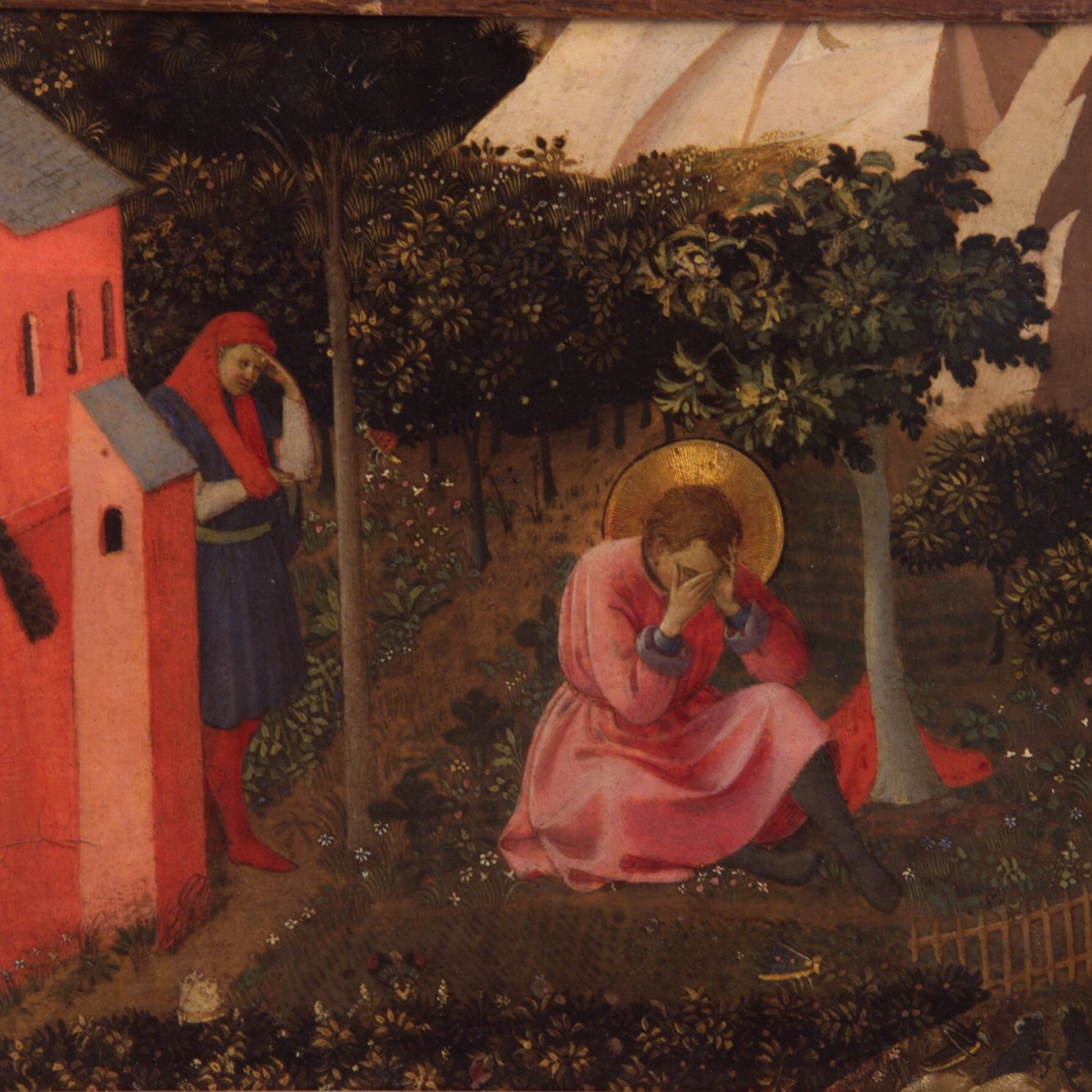
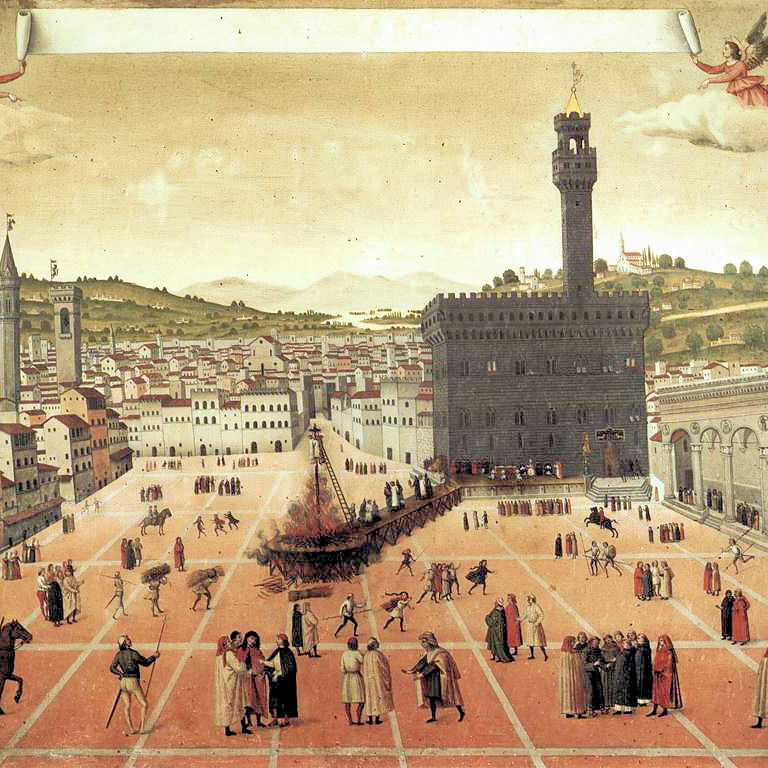
Renaissance Mirrors for Princes
Disclosure: Most of the links below are affiliate links, which means that, at no additional cost to you, the publisher of this site will earn a small commission if you click through and make a purchase.
- Baldassare Castiglione, The Book of the Courtier
- Antonio de Guevara, Relox de Príncipes (1529), inspired by and dedicated to Charles V, a bestseller of its times, translated during the 16th Century to English, Latin, Italian, German, French and Dutch.
- Machiavelli, The Prince [Il Principe] (c. 1513, published in 1532).
- Erasmus, The Education of a Christian Prince (Institutio Principis Christiani) (1516), written as advice to King Charles of Spain (the later Charles V).
- John Skelton, Speculum Principis, lost work written for the then future Henry VIII. A copy of this treatise, which may not be entirely the same as that presented to Henry, resides with the British Museum.[8]
- Johann Damgaard, Alithia (1597), written for the young Danish monarch King Christian IV.[9]
- George Buchanan, A Dialogue on the Law of Kingship Among the Scots (De Iure Regni Apud Scotos) (1579), a work in the form of a Socratic dialogue on ideal kingship dedicated to the young James VI of Scotland
- Juan de Mariana, Del Rey y de la Institución Real De Rege et Regis Institutione (Toledo, 1598)
- James VI of Scotland, Basilikon Doron as a gift to his eldest son.
Next Steps...
Browse a list of mirrors for princes (specula principum) from Xenophon's The Education of Cyrus to Machiavelli's The Prince and beyond!